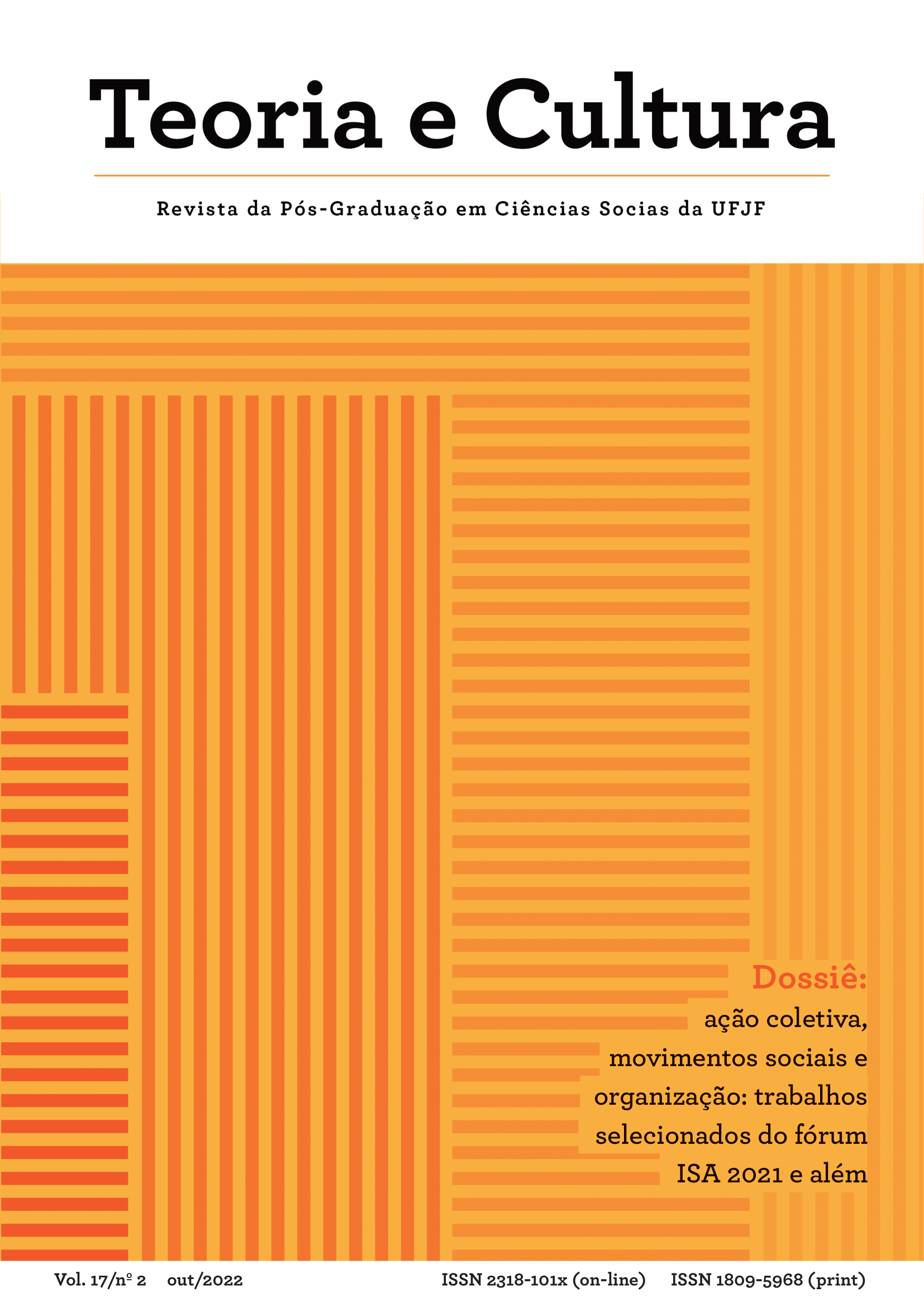Ten years of the Racial Equality Statute
Socioeconomic data from municipalities registered in the National System for the Promotion of Racial Equality
DOI:
https://doi.org/10.34019/2318-101X.2022.v17.35296Abstract
The black movement’s persistence in the fight against racism and racial inequalities, as well as the participation of militants in institutional politics and in the most varied spheres of decision, forced the Brazilian State to recognize the conflicting and unequal character of our racial relations, breaking with decades of a racially harmonized country idea. The establishment of specific legal instruments and policies aimed at protecting and promoting Afro-Brazilian culture and identity, as well as the provision of goods, products and services aimed at mitigating structural and institutional problems that hinder an equitable realization of civil, social and economic rights of the black population vis-a-vis the white population it is a important legacy of this recognition. One of these instruments is the National System for the Promotion of Racial Equality, firstly mentioned at the National Policy for the Promotion of Racial Equality, 2003, and institutionally initiated by the Racial Equality Statute, which completed 10 years of promulgation in 2020. This paper aims to analyze socioeconomic data from municipalities registered on this basis from 2014 to 2020.








